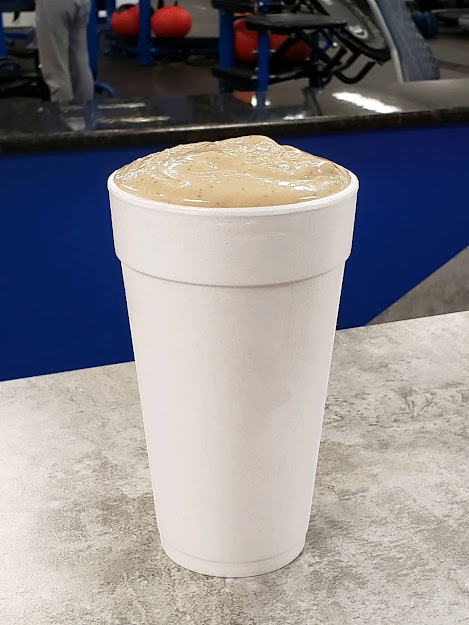What Are Probiotics and Should You Be Taking Them?
In the last few years, we’ve seen an explosion of interest in probiotic-rich foods like kefir (fermented milk), yogurt, sauerkraut, and other sour or fermented foods. Some people take daily probiotic supplements, and food manufacturers are even starting to add them to processed foods like snacks and juices. So, what’s all this hype about probiotics? Do we need to eat more probiotic foods and supplements for health? Can they help with weight loss?
Here’s the rundown on what probiotics are all about, and how they may or may not affect your health and fitness goals.
What probiotics do for you
Probiotics are the blanket term for certain kinds of helpful live bacteria, also called gut flora, or the microbiome. There are more than 10 trillion of these found naturally in our digestive system, and we’re only beginning to understand their role in our health. At the very least, these types of bacteria help us break down and absorb nutrients, enable vital chemical reactions and processes, and boost our immunity against bad bacteria.
When they can be useful
When we’re sick and need to take antibiotics, our good gut bacteria can get out of balance. This is because antibiotics kill both good and bad bacteria without discrimination. If our probiotic balance isn’t restored, our defenses against sickness and other health problems are down, and we’re more likely to get sick again. That’s why most medical professionals recommend taking probiotic foods or supplements during and after taking antibiotics.
People with conditions like Crohn’s or celiac disease can also benefit from extra probiotics since their digestive systems aren’t functioning normally. Any disruption in your digestive system can get gut bacteria out of balance so you may also want to take probiotics if you’ve had a stomach bug recently, regardless of whether you’ve taken antibiotics.
If you’re healthy, most health professionals say there’s no need to take a probiotic supplement or place extra emphasis on probiotic-rich or enhanced foods. For those times your system needs a boost, it’s better (and cheaper) to get probiotics through foods like yogurt that will also boost your nutrition and performance at the fitness gym.
Probiotics and weight loss?
Some nutritionists claim probiotics do even more, like helping us lose weight. The problem is that there are limited studies, and these show that probiotics can be linked to both weight loss and weight gain, in different situations.
On the other hand, solid research from many decades shows that a balanced diet rich in whole foods and low in processed foods, coupled with a consistent exercise routine, is a sure-fire way to lose weight steadily and keep it off permanently.
So, if you’re taking a probiotic supplement hoping it will help you lose weight, you might want to save yourself some money and spend a little more time at the fitness center!




Comments
Post a Comment